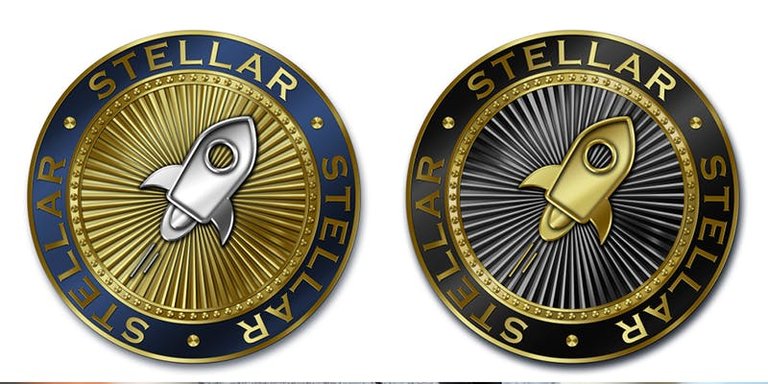
It can not be denied that 2017 was the year of cryptocurrencies. Much has been written and discussed about these innovative assets, which were once complete strangers. Although much of the attention received by cryptocurrencies was due to its meteoric boom during the past year, it was also due to the fact that they offer something new from a financial and technological perspective.
An excellent example is Stellar. While its cryptocurrency, called Lumens (or XLM), was part of the cryptocurrency boom and its value increased by thousands per cent, becoming one of the top 10 cryptocurrencies, the vision of your company meant distinguishing it from the others. Among other things, Stellar's agenda includes reducing poverty and helping societies that lack banks.

The use of the block chain to help the poor
Launched in 2014, Stellar is a platform based on the block chain designed to make rapid currency changes and transfers of funds. Although originally based on the protocol of Ripple Labs, Stellar branched out later and, in the end, rewrote its code completely. Like Ripple Labs' XRP, Stellar's XLM coin serves as a bridge currency for various transactions on the Stellar platform. This is the reason why each XLM token has a very low value when compared to that of most other top 10 cryptocurrencies.
A unique aspect of Stellar is the fact that it is a non-profit organization. Founded by two well-known figures from the technological world, the creator of eDonkey, Jed McCaleb, and the experienced investor, Kim Joyce, Stellar's goal is to use the power of blockchain technology to help the poor, among others. .
By using the Stellar protocol, which does not require "intermediaries" or third parties to transfer funds, even those who do not have a bank account can enjoy basic banking services. In addition, since Stellar can be used to convert different currencies and other tokens, users can quickly convert different forms of payment. For example, an application of the platform is the possibility of converting telephone credits into money.

Increase in the efficiency of money
Although it shares many similarities with other blockchain networks, Stellar works somewhat differently. In the Stellar network, there are several servers that communicate with each other at intervals of between two and five seconds. In addition, each server contains a copy of the public record book, which records all transactions in the network. The logbook is also updated every few seconds.
Each time an order is placed on the network, the Stellar protocol automatically searches for the best exchange rate for the transaction. Although this could be as easy as converting one currency into another, the algorithm could also create a conversion that passes through several currencies, if the end result is more profitable for both parties. Each transaction incurs a small cost of a few fractions of a cent, which is charged in XLM.
Even though Stellar has declared that his goal is to help the poor, a very important step that the company gave is related to traditional banking. In October 2017, IBM announced that it would help the Stellar protocol to develop a payment system based on the block chain, which was cross-border and intended for large banks.

THanks, I didn’t know much about stellar. You saved me some research time . Now to look st the website more meticulously.
Working with IBM , interesting !
Hey @dmilliz! Thanks to you for reading the article.
They also have Deloitte as a partner (https://www.stellar.org/blog/deloitte-launch/). Things are happening over at Stellar. Definitely worth watching.
Yes
It's an interesting write-up, thank you.
I think of Stellar as a transparent, crypto version of PayPal or Western Union.
I love their goals but I'm not sure how they plan to operate in countries without banks as infrastructure remains the problem. It will be interesting to see how that comes to fruition.
Take care.
Yes.
we hope you meet your goals.
Regards!